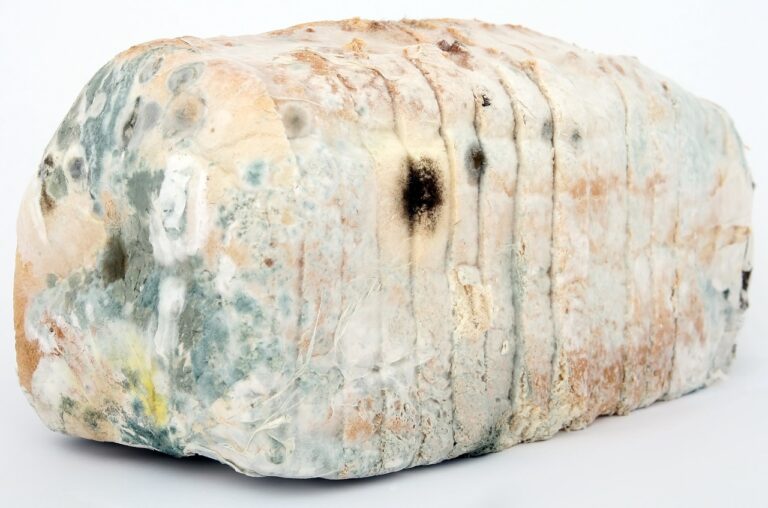Exploring the Microbiome’s Impact on Skin Health
The human skin is a complex organ that serves as the body’s first line of defense against the external environment. Beyond its protective function, the skin also plays a crucial role in maintaining overall health and well-being. One fascinating aspect of skin health that has gained significant attention in recent years is the impact of the microbiome.
What is the Microbiome?
The microbiome refers to the diverse community of microorganisms that reside on and within the human body. These microorganisms, which include bacteria, fungi, viruses, and other microbes, play a vital role in various physiological processes, including digestion, immune function, and even skin health.
The Skin Microbiome
The skin is home to a rich and diverse ecosystem of microbes, collectively known as the skin microbiome. These microorganisms interact with the skin cells and each other in a complex and dynamic manner, influencing the skin’s health and appearance.
Impact of the Skin Microbiome on Skin Health
Research has shown that the composition and diversity of the skin microbiome play a crucial role in maintaining skin health. A balanced and diverse skin microbiome helps protect the skin against harmful pathogens, regulates inflammation, and promotes wound healing.
Factors Influencing the Skin Microbiome
Several factors can influence the composition of the skin microbiome, including genetics, lifestyle choices, environmental factors, and skincare products. For example, using harsh cleansers or antibiotics can disrupt the balance of the skin microbiome, leading to various skin issues.
Ways to Support a Healthy Skin Microbiome
There are several strategies you can incorporate into your skincare routine to support a healthy skin microbiome. These include:
- Using gentle and pH-balanced skincare products
- Avoiding overwashing or using harsh cleansers
- Eating a balanced diet rich in fruits, vegetables, and probiotic-rich foods
- Avoiding unnecessary antibiotic use
- Protecting the skin from excessive sun exposure
Research on the Skin Microbiome
Researchers are continually studying the skin microbiome to better understand its role in skin health and disease. Recent studies have linked imbalances in the skin microbiome to various skin conditions, such as acne, eczema, and psoriasis.
The Future of Skincare: Microbiome-Friendly Products
As scientists deepen their understanding of the skin microbiome, skincare companies are beginning to develop products that support a healthy skin microbiome. These microbiome-friendly products are designed to nourish the skin’s natural ecosystem, promoting optimal skin health.
Conclusion
The skin microbiome plays a crucial role in maintaining skin health and overall well-being. By understanding and supporting the skin microbiome, you can promote healthy, radiant skin. Incorporating microbiome-friendly practices into your skincare routine can help you achieve a glowing complexion from the inside out.
FAQs on the Skin Microbiome
Q: What is the difference between the gut microbiome and the skin microbiome?
A: The gut microbiome refers to the community of microorganisms that reside in the gastrointestinal tract, while the skin microbiome consists of microorganisms that inhabit the skin’s surface and deeper layers. Both microbiomes play distinct roles in the body’s overall health.
Q: Can skincare products disrupt the balance of the skin microbiome?
A: Yes, certain skincare products containing harsh ingredients or antibacterial agents can disrupt the balance of the skin microbiome, leading to skin issues such as dryness, irritation, and inflammation.
Q: How can I promote a healthy skin microbiome?
A: To support a healthy skin microbiome, you can incorporate gentle skincare products, eat a balanced diet rich in probiotic foods, avoid unnecessary antibiotic use, and protect your skin from excessive sun exposure.
Q: Are there specific probiotic skincare products that can benefit the skin microbiome?
A: Some skincare companies have developed probiotic-rich products that are designed to nourish the skin microbiome. These products may help promote a healthy balance of skin microorganisms and support overall skin health.







